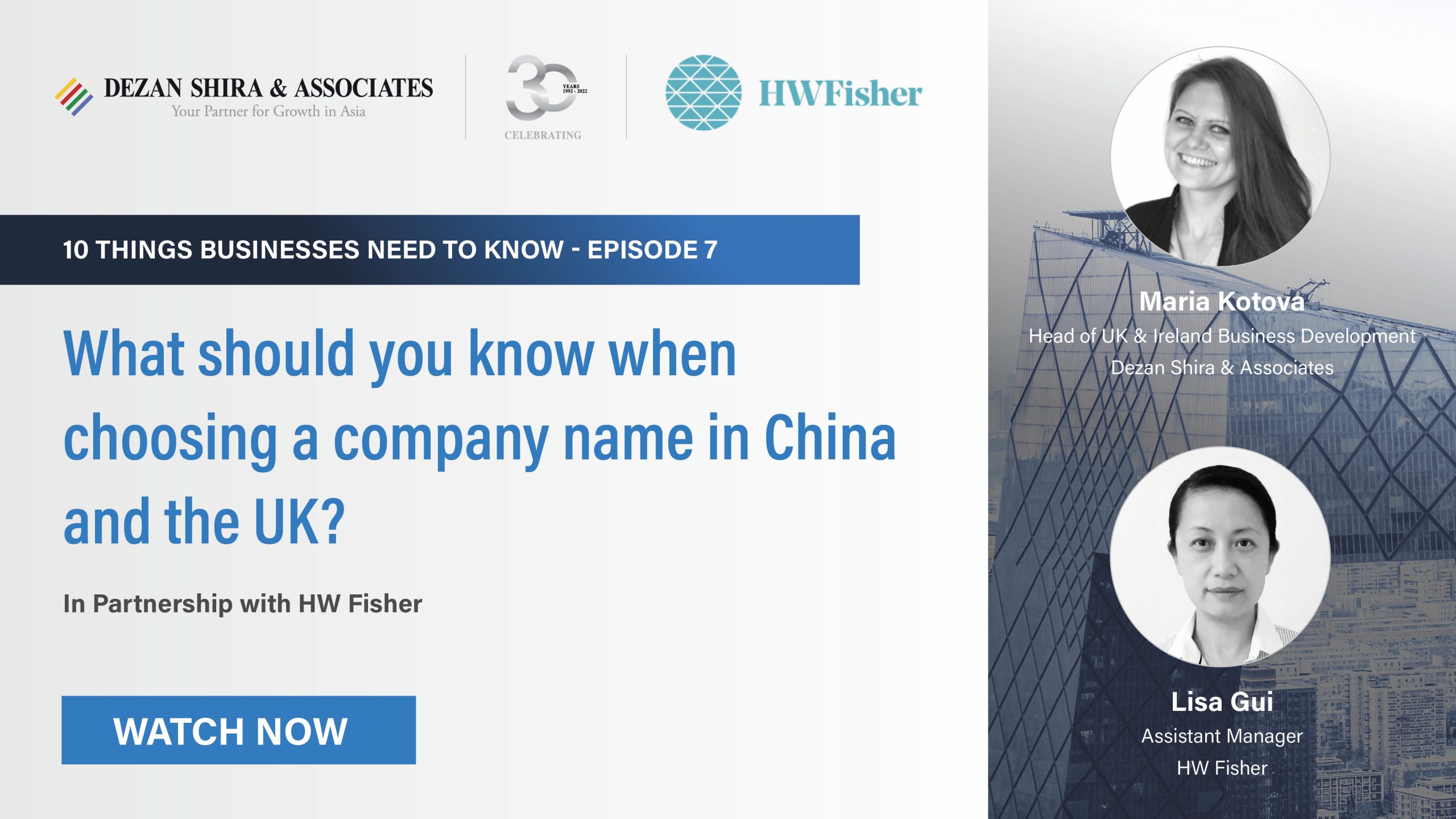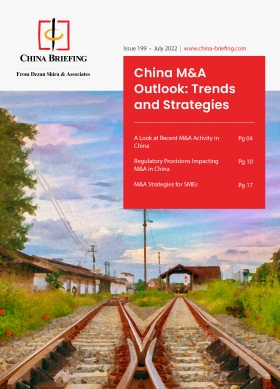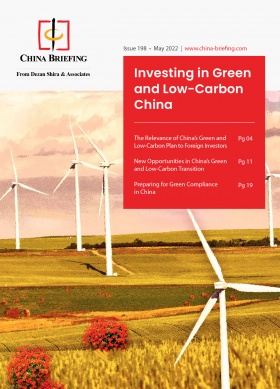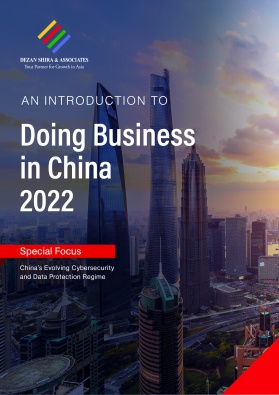How to Choose the Right Company Name for Your Business in China and the UK
We provide some expert insight on choosing the right company name for your business in China and the UK, which is linked to your brand identity and reputation.
This series concentrates on the UK-China business angle. Every week, we will add a new video that answers some of the most frequently asked questions about setting up a company in China and the UK. Each video answers the same issues from both the China and UK perspectives.
Key insights will be provided by, Maria Kotova, Head of UK Business Development and China market entry director at Dezan Shira & Associates, and Lisa Gui, Assistant Manager at HW Fisher.
If you have any questions about doing business in China or the UK, reach us at UK.Ireland@dezshira.com.
When starting or expanding a business to international markets, one of the most important decisions you will need to make is choosing a company name. This name will be associated with your brand and how customers perceive your business. In China and the UK, there are some things you should keep in mind when selecting a company name. In our latest video series, we discuss what you should know when choosing a company name in China and the UK. We will also provide some expert insight on how to select the right name for your business.
Episode 7: What should you know when choosing a company name in China and the UK?
Choosing a company name in China
When choosing a company name in China, it is important to consider the following:
- Each company in China has its unique name and it should be in Chinese.
- A company name is a brand identity and is used to market a business’s products or services.
As a business’s reputation grows around the world, it is wise to consider the meaning of a company’s name in each local market and in some cases, create a local name for different consumers. In China this is particularly important – because the meaning, sound, tone, and even look of the Chinese characters you choose for your company name can affect a brand’s reputation.
Three ways to choose your Chinese trademark name
Create a literal translation
A literal translation works when the trademark has a distinctive meaning. For example, Apple chose the brand name ‘Ping Guo’ (苹果), which is Chinese for ‘apple’. Similarly, Palmolive is known as ‘Zong Lan’ (棕榄), a combination of the exact translation of ‘palm’ and ‘olive’.
The disadvantage of this method is that the Chinese characters will sound different from your original trademark. This means that marketing time and money will need to be spent on building the association between your Roman character trademark and the Chinese character trademark.
Create a phonetic translation
A phonetic translation involves creating a Chinese character name that sounds like your trademark. Pinyin is the official Chinese phonetic alphabet that uses Roman characters, which can be used to create the transliteration. For example, ‘McDonald’s’ is known as ‘Mai Dang Lao’ (麦当劳), to local Chinese consumers. ‘Siemens’ goes by the name of ‘Xi Men Zi’ (西门子), ‘KFC’ is known as ‘Ken De Ji’ (肯德基) to locals, and ‘Audi’ is known as ‘Ao Di’ (奥迪).
This method is preferable when your trademark already has a reputation amongst Chinese speaking consumers. However, care must be taken when choosing a phonetic version of a foreign mark, because the Chinese characters may have an undesirable meaning in one or more of the six major Chinese dialects.
Combine a literal and phonetic translation
The best trademarks are those that sound the same and also make reference to a defining characteristic of your brand or have positive meaning in Chinese culture. For example, after considering hundreds of combinations of the four syllables that make up its name, Coca-Cola finally settled with ‘Ke Kou Ke Le’ (可口可乐), which means ‘taste and be happy’. The German brand ‘Fuchs’ which in German means ‘fox’ is translated into ‘Fu Si’ (福斯) which translates to ‘good luck and blessing’.
Regardless of what method you choose, it is recommended to engage a professional Chinese-speaking expert to ensure that the Chinese characters you choose do not have a negative connotation.
In 2017, China’s State Administration for Industry and Commerce (SAIC), introduced the Rules for the Prohibition and Restriction of Enterprise Names, which ban businesses from registering company names authorities consider “strange”, overly long, politically sensitive, or mimicking existing brands.
Choosing a company name in the UK
When choosing a company name in the UK, there are a few things to keep in mind:
- It is essential to determine that the name has not already been taken. HW Fisher recommends that when choosing a company name, the entity should have two to three additional name options.
- The name should be unique and not too similar to other companies in your industry. You might have to change your company name if Companies House deems it too similar.
- A company’s name cannot be offensive or contain a ‘sensitive’ word or expression.
- The company’s name must usually end in either ‘Limited’ or ‘Lrd’ for a private limited company unless you are a registered charity or limited by guarantee.
See more from the series
Episode 6
Episode 5
Episode 4
Episode 3
Episode 2
Episode 1
About Us
China Briefing is written and produced by Dezan Shira & Associates. The practice assists foreign investors into China and has done so since 1992 through offices in Beijing, Tianjin, Dalian, Qingdao, Shanghai, Hangzhou, Ningbo, Suzhou, Guangzhou, Dongguan, Zhongshan, Shenzhen, and Hong Kong. Please contact the firm for assistance in China at uk.ireland@dezshira.com.
Dezan Shira & Associates has offices in Vietnam, Indonesia, Singapore, United States, Germany, Italy, India, and Russia, in addition to our trade research facilities along the Belt & Road Initiative. We also have partner firms assisting foreign investors in The Philippines, Malaysia, Thailand, Bangladesh.
- Previous Article China’s E-Sports Market: Opportunities and Challenges for Foreign Players
- Next Article Fixed-Term Contracts in the UK and China: FAQs














